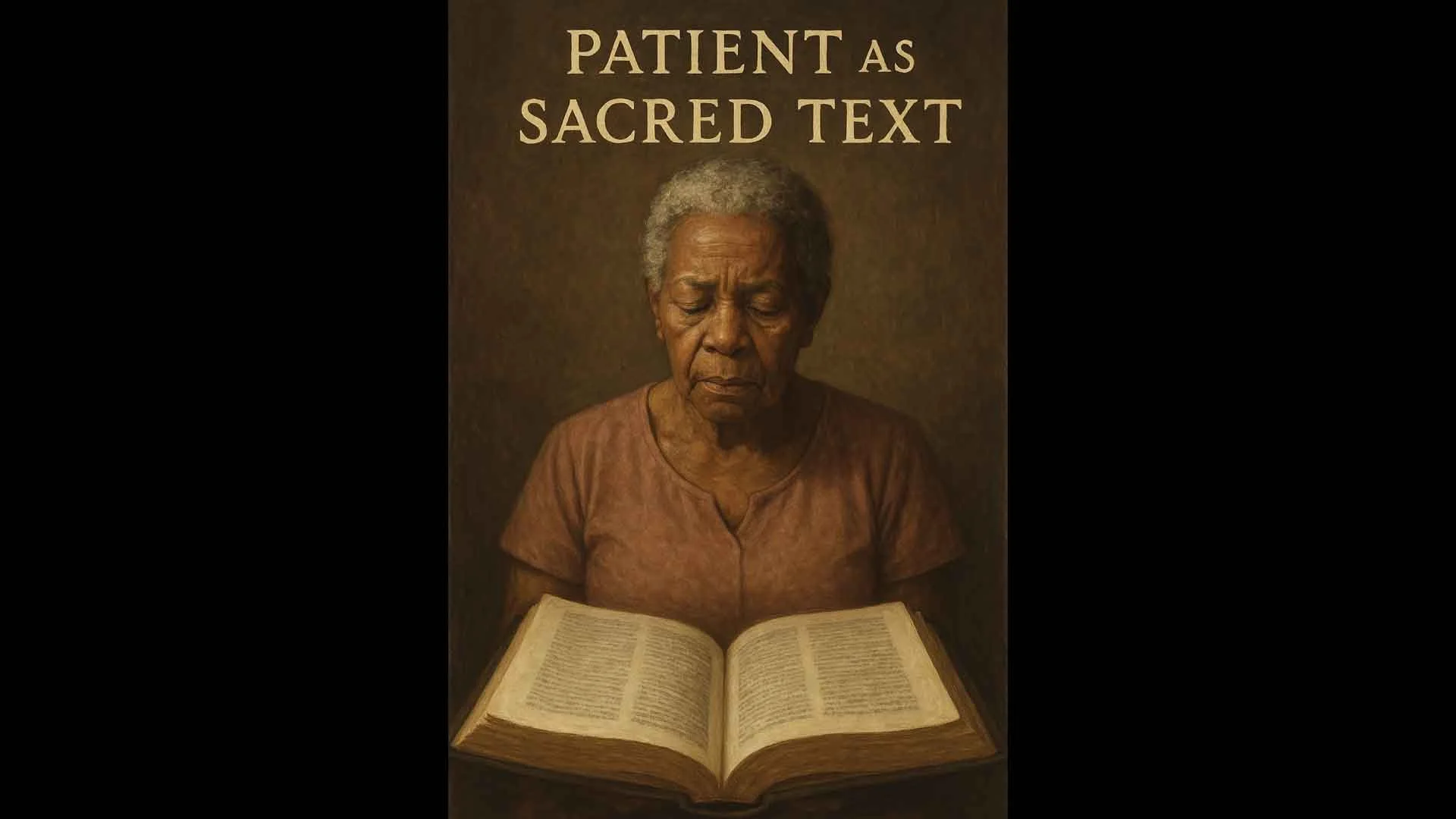Hermeneutic Approaches to Medicine
Hermeneutic Approaches to Medicine
This paper examines various hermeneutic frameworks applied to the medical context, comparing approaches that focus on the interpretation of medical literature with those that view the patient as a text requiring interpretation. Beginning with Matthew Links' analysis of evidence-based medicine as analogous to religious textual interpretation, we expand the comparison to include narrative medicine, anthropological perspectives on illness narratives, the Buddhist concept of upaya (skillful means), and the emerging concept of the "patient as sacred text." Through this analysis, we identify common threads and distinctive contributions of each approach, arguing that the metaphor of patient-as-text offers unique insights into the ethical dimensions of clinical practice. We conclude that an integrated hermeneutic approach to both medical evidence and patient encounters may enhance clinical practice by combining scientific rigor with interpretive wisdom.
